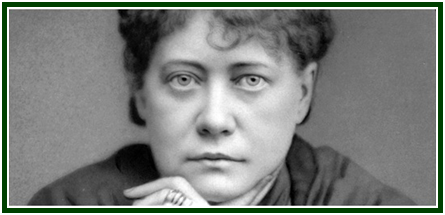The Ancient Science of a Contemplative Life

Monastic life had its precursors in the old alliance; but it is the new covenant which gave it its perfection. “Already in the Mosaic religion”, says Cantu, relying on Philo, “we had seen pious people who, to devote themselves more exclusively to the contemplative life, abandoned their possessions, their homeland and retired to deserted places.”
“These solitaries belonged to the Essenes, and in Greek they were called Therapists; they lived mainly around Lake Mœris, in Egypt, in separate dwellings, but not too far from each other so that they could provide mutual help against the brigands. They lived in abstinence, eating nothing until after sundown; and some, only every three or six days. They ate only bread, adding at most aromatic herbs and salt [1]. Their clothing was in line with this austere regime: they prayed morning and evening, and spent the rest of the time reading and meditating on sacred books, searching for allegories, composing hymns and singing them.”[2] They practiced exercises in common and met every seven weeks to eat and pray together. Women were allowed to attend these meetings.
The solitary ascetics of the new covenant, who embraced this state from the beginning, had in view, says Father Marin, to practice the counsels of the Gospel and to execute to the letter these words of Jesus Christ: “Sell what you have and give it to the poor, and you will have a treasure in heaven; after that, come follow me.” (Luke 18:22) And these others: “Whoever has left home or brothers or sisters or father or mother or children or fields for my sake will receive a hundred times as much and will possess eternal life.” (Matthew 19:29)
NOTES:
[1] We will point out here that the climate of Egypt allowed forms of abstinence which would be impossible in cold countries. (Eugène Veuillot)
[2] César Cantu, Histoire universelle, t.v, p. 547. (Eugène Veuillot)
000
The short text “From the Essenes to the Desert Fathers” is a translation from the Introduction by Eugène Veuillot to the book “Les Vies des Pères des Déserts D’Orient”, by Michel-Ange Marin, Nouvelle Édition, Tome Premier, Louis Vivès Libraire-Éditeur, Paris, 1886, 480 pp. See pages XIII-XIV. A shorter version of the present article is part of the April 2024 edition of “The Aquarian Theosophist”, pp. 11-12. Original title: “Before the Desert Fathers, the Monastic Life of the Essenes”. Translation: CCA.
One must remember that the tradition of the Desert Fathers, though valuable, is a limited remnant of previous times during which the Essenes lived a far deeper wisdom. See for instance the article Desert Fathers, the Journey of a Rare Book.
000
Read More:
See the thematic section on Christianity and Esoteric Philosophy.
000

Helena Blavatsky (photo) wrote these revealing words: “Deserve, then desire”.
000
